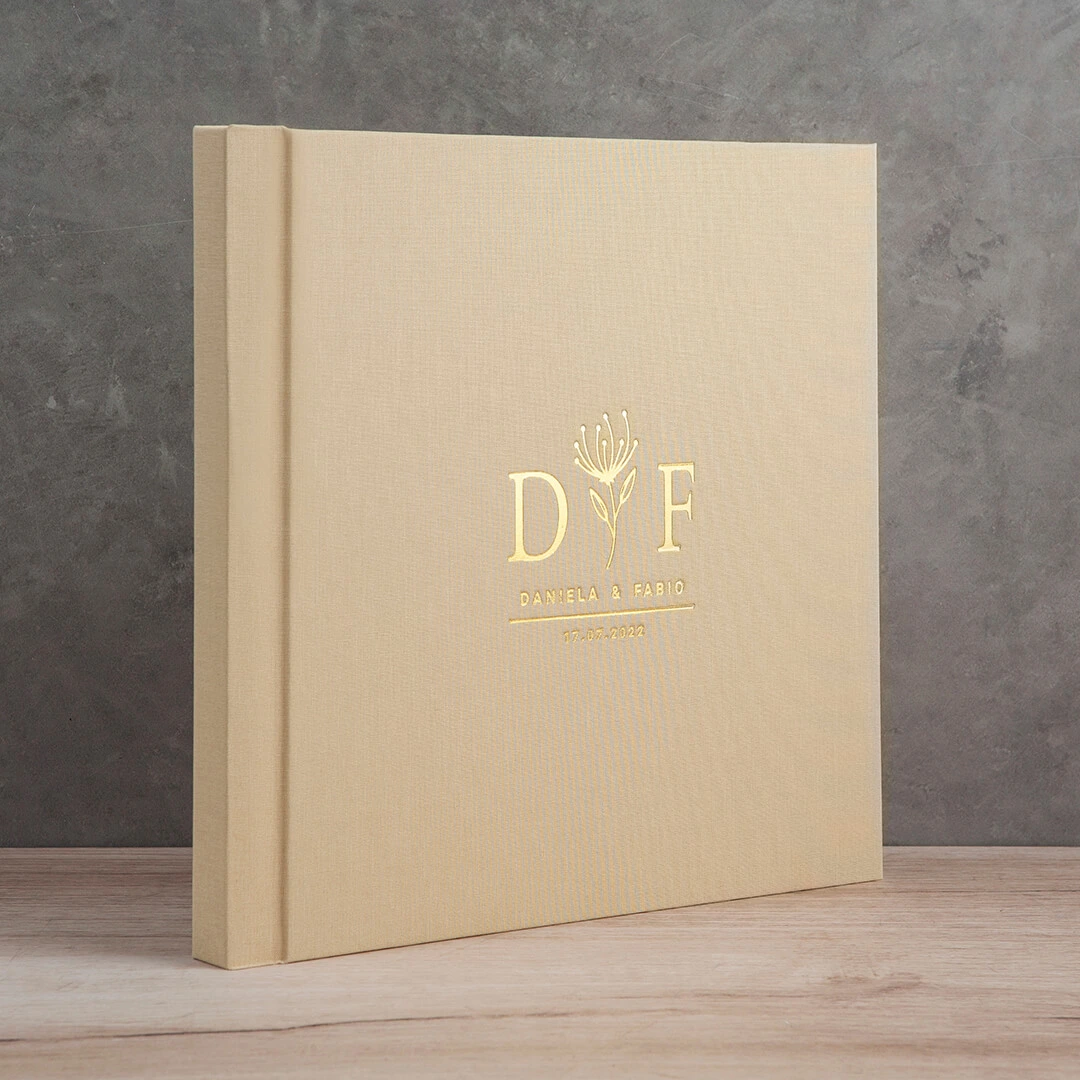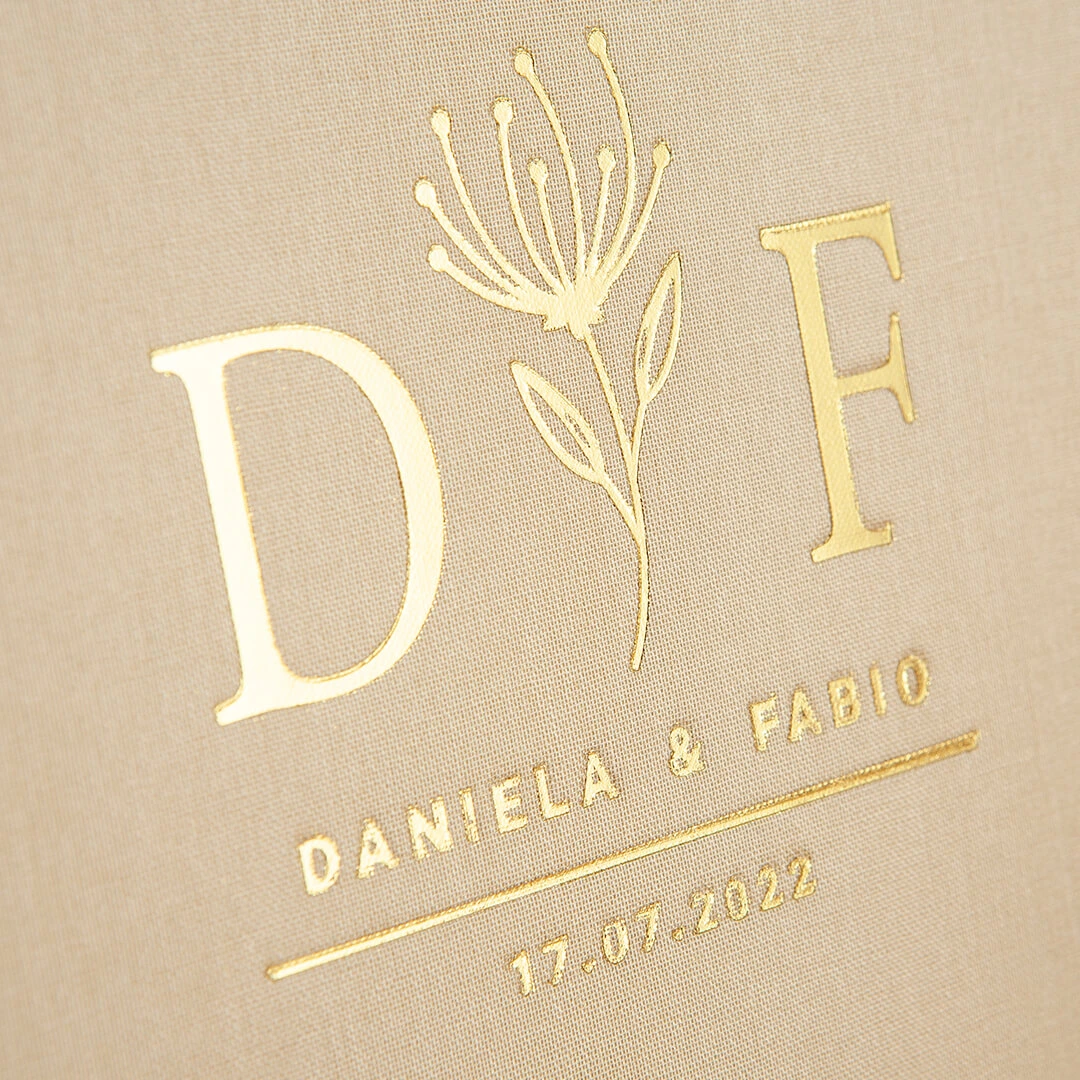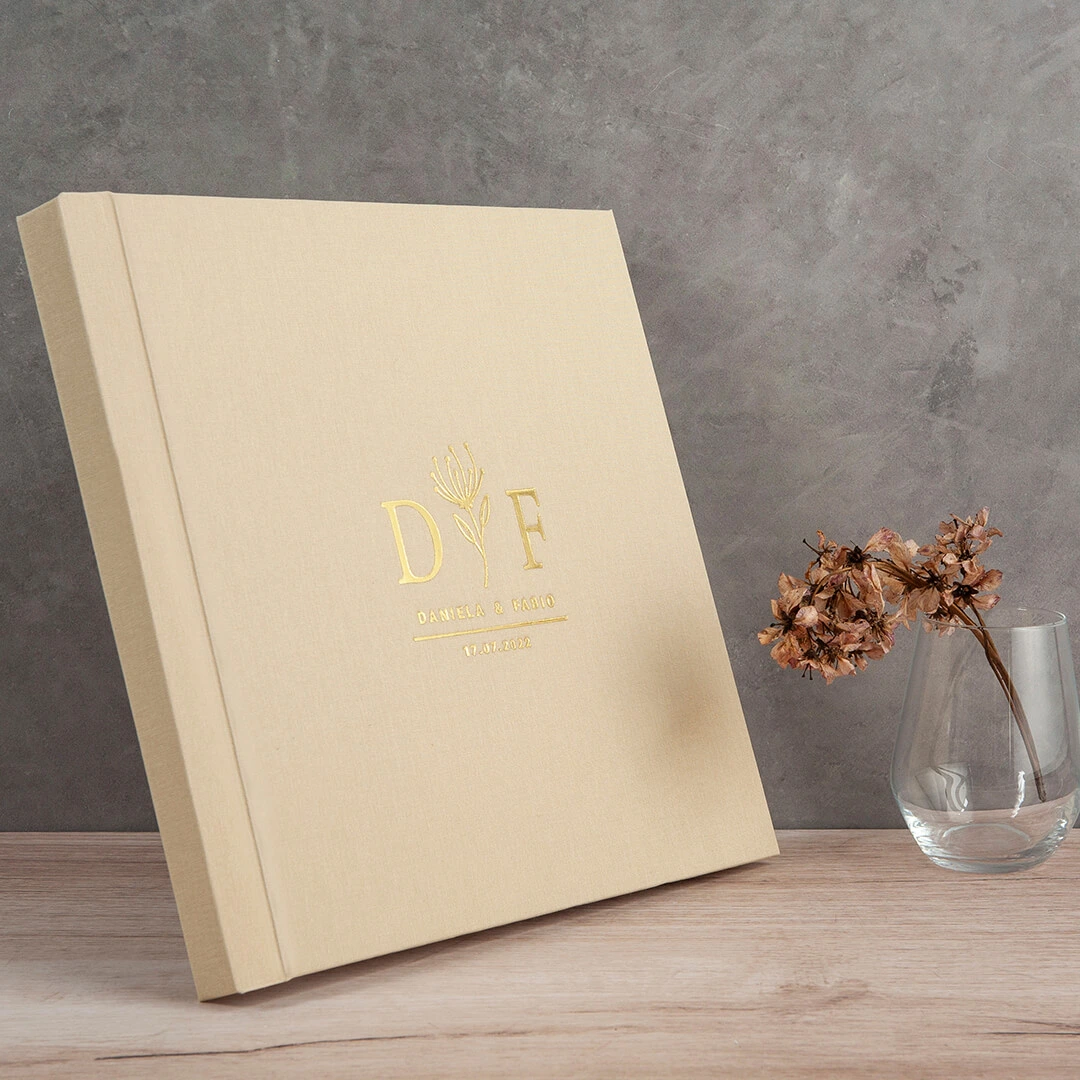Custom Embossing
Highlight the uniqueness of your book with our new custom embossing service. Send us the desired design and deliver an exclusive cover to your clients.

IMAGE REQUIREMENTS
Vectorized file in .ai or .eps format

PRODUCTION TIME
Add up to 4 business days to the production timeline












